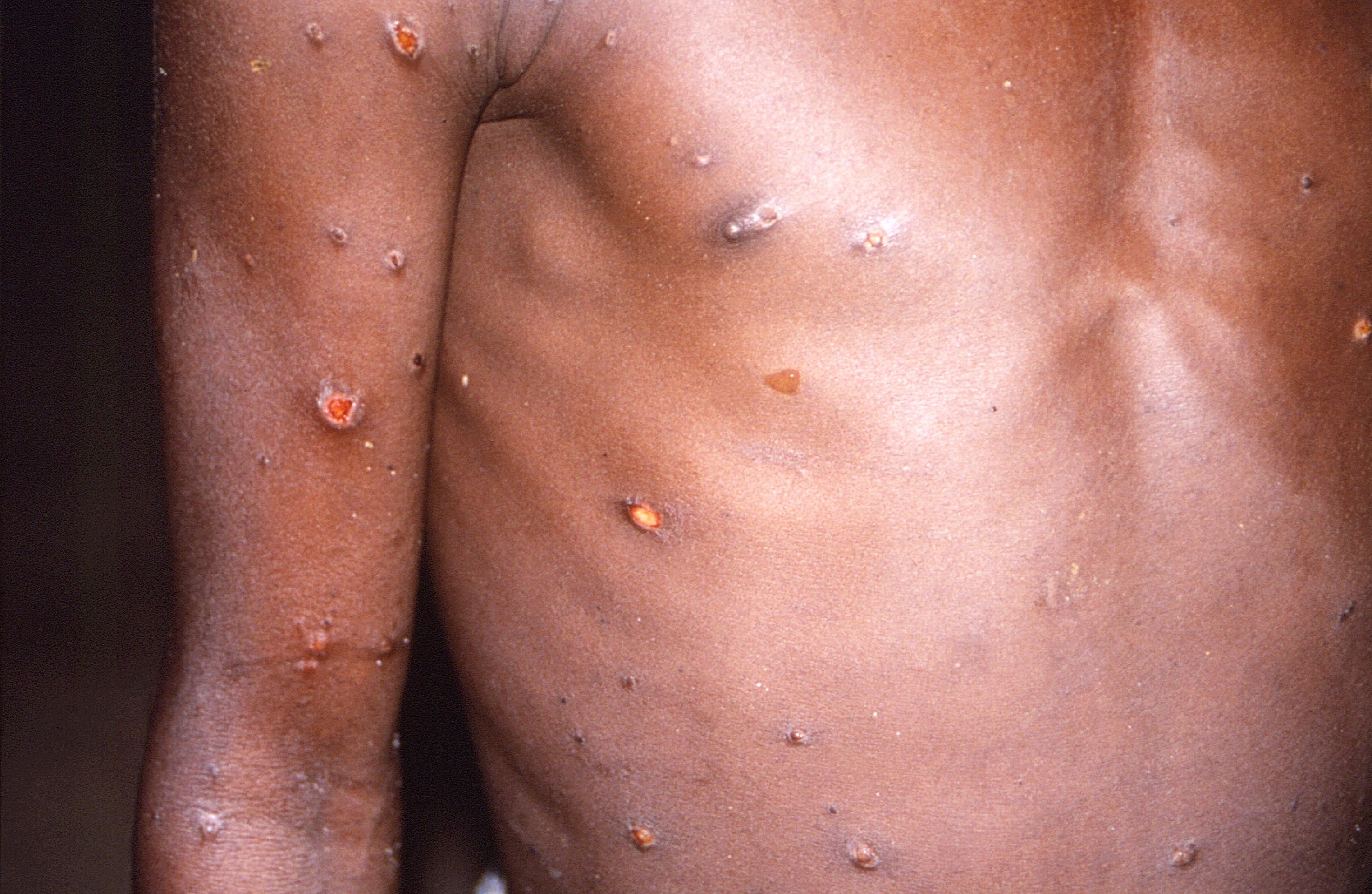Second monkeypox strain linked with travel to West Africa identified in UK
The UK Health Security Agency (UKHSA) has said the patient is being treated in hospital and the risk to the general public remains ‘very low’

Your support helps us to tell the story
From reproductive rights to climate change to Big Tech, The Independent is on the ground when the story is developing. Whether it's investigating the financials of Elon Musk's pro-Trump PAC or producing our latest documentary, 'The A Word', which shines a light on the American women fighting for reproductive rights, we know how important it is to parse out the facts from the messaging.
At such a critical moment in US history, we need reporters on the ground. Your donation allows us to keep sending journalists to speak to both sides of the story.
The Independent is trusted by Americans across the entire political spectrum. And unlike many other quality news outlets, we choose not to lock Americans out of our reporting and analysis with paywalls. We believe quality journalism should be available to everyone, paid for by those who can afford it.
Your support makes all the difference.A second monkeypox strain has been identified in the UK, linked with travel to West Africa.
One person has been admitted to the High Consequence Infectious Disease (HCID) unit at the Royal Liverpool University Hospital in Merseyside with the strain, the UK Health Security Agency (UKHSA) has said.
The agency said the strain is different from the one which has driven more than 3,000 infections in recent months but may have been seen in the UK before.
Contact tracing is now being conducted to establish if there are any further linked cases.
As of Friday, no further cases had been identified.
We are working to contact the individuals who have had close contact with the case prior to confirmation of their infection, to assess them as necessary and provide advice
Dr Sophia Maki, incident director at the UKHSA, said the risk to the wider public is “very low”.
She said: “We are working to contact the individuals who have had close contact with the case prior to confirmation of their infection, to assess them as necessary and provide advice.
“UKHSA and the NHS have well-established and robust infection control procedures for dealing with cases of imported infectious disease and these will be strictly followed and the risk to the general public is very low.
“We remind everyone who is planning to travel to West and Central Africa to be alert for the symptoms of monkeypox and to call 111 if you have symptoms on your return.”
There have been more than 3,000 cases of the original monkeypox strain in the UK, with most of these identified among gay and bisexual men in England.
Monkeypox is related to smallpox and cases are usually found in West and Central Africa, with the virus not often spreading elsewhere.
The disease is usually mild but can cause severe illness in some cases.
Most monkeypox patients experience only fever, body aches, chills and fatigue, but some may develop a rash and lesions on the face and hands that can spread to other parts of the body.
The rash can look like chickenpox or syphilis, and scabs can form which then fall off.
Most people recover within a few weeks.